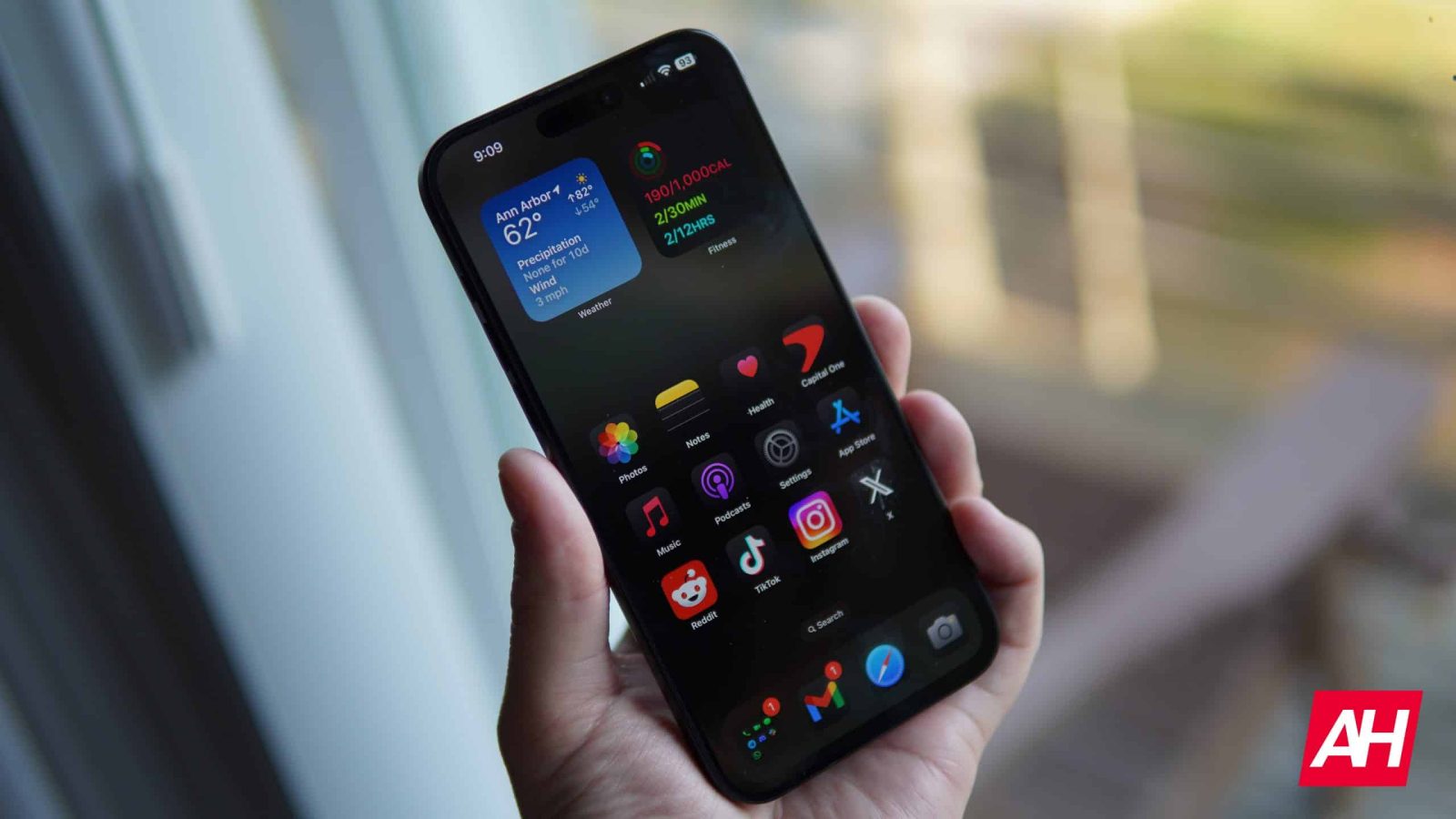
Apple has rolled out iOS 18.3.1 and iPadOS 18.3.1, which contains minor updates based on the version number. However, part of the update includes a critical update that will improve the security of iPhones and iPads which iOS users should definitely pay attention to.
Patching physical attacks
The iOS 18.3.1 update comes with your usual host of bug fixes. However, the patch notes mention that the update fixes an exploit that disables USB Restricted Mode on locked devices. This fix is particularly important if you’re hoping to keep the contents of your phone private from prying eyes.
Our smartphones rely on security measures such as passcodes and biometrics like fingerprints, as well as facial or iris recognition. This encrypts our phone’s contents so that unauthorized users cannot access them without our consent.
However, over the years, law enforcement officials have turned to third-party companies that have developed specialized tools designed to bypass these encryptions. This, in turn, allows law enforcement to access the contents of a suspect’s phone even if they do not have the passcode.
These types of tools, like GrayKey, exploit vulnerabilities in iOS and leverage unpatched security flaws and crack passcodes using brute-force attacks, or disable protections designed to limit unauthorized access. Apple developed an iOS feature called USB Restricted Mode to prevent this from happening.
USB Restricted Mode, introduced in iOS 12, actively prevents data transfers over the Lightning (now USB-C) port if the device remains locked for more than an hour. This security measure helps block tools like GrayKey from gaining access through its Lightning/USB-C connections.
Apple’s history with law enforcement
Over the years, Apple has long battled law enforcement’s request to access data on its iPhones. There are several reasons Apple has typically resisted these types of requests. For starters, Apple prides itself on protecting the privacy of its users. Secondly, in some cases, Apple doesn’t have access to a user’s iPhone data.
This is because data stored on the iPhone is encrypted and protected by the phone’s passcode and biometrics. Apple basically gave all its users their own keys. This means that the company cannot access the contents of your iPhone even if it wants to. That being said, iCloud is a different story as the contents are stored on Apple’s servers.
Law enforcement agencies have tried to get Apple to build a backdoor that grants them access when needed, but Apple said no to that. While there are good intentions behind the request, hackers could easily exploit that backdoor.
What’s your reaction?
Love0
Sad0
Happy0
Sleepy0
Angry0
Dead0
Wink0
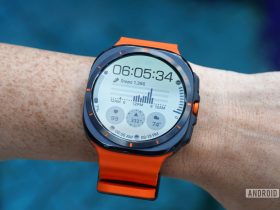

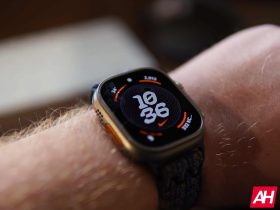
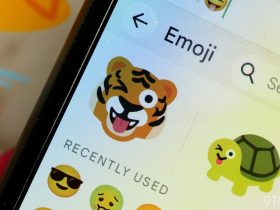



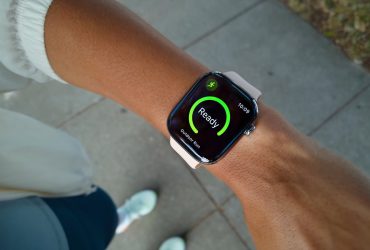


Leave a Reply
View Comments